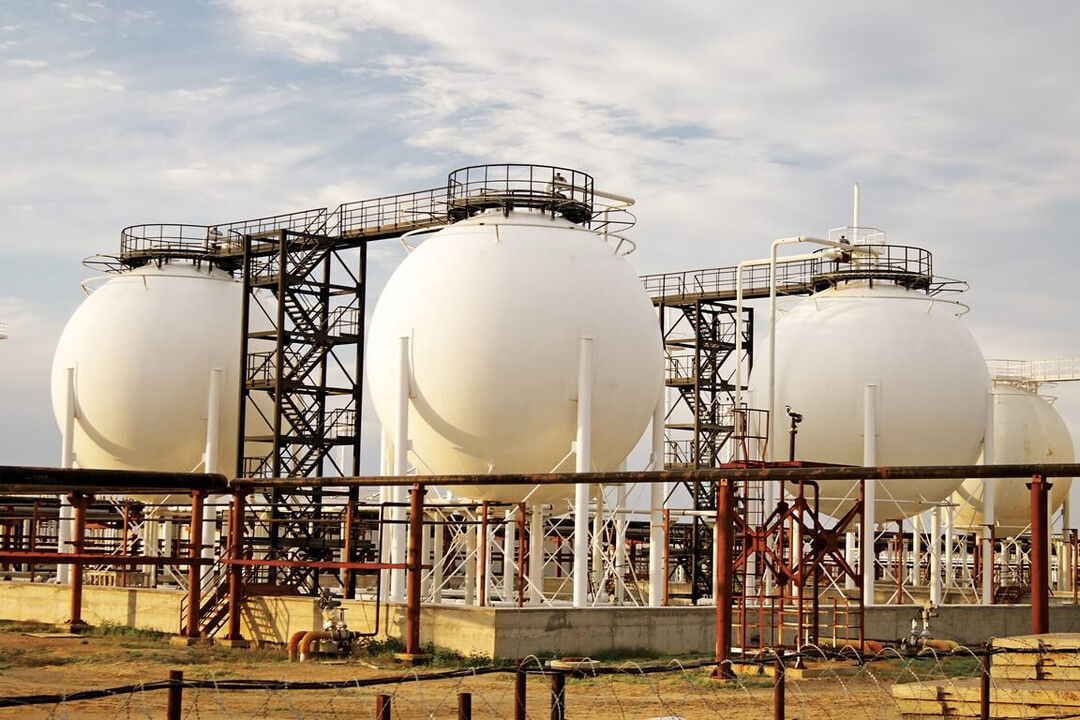
DAR ES SALAAM – East Africa stands at a pivotal juncture in its energy evolution, poised to leverage its abundant natural gas reserves to address pressing energy security challenges and drive sustainable economic development. With burgeoning electricity demand, unreliable power grids, and the environmental toll of traditional biomass fuels, natural gas has emerged as a transformative force.
The region boasts substantial gas reserves, with Tanzania alone possessing over 57 trillion cubic feet (tcf) of proven reserves. Yet, millions of households across East Africa continue to rely on unsustainable and environmentally damaging fuels like charcoal and kerosene for their daily energy needs. The East African Petroleum Conference and Exhibition (EAPCE’25) will serve as a critical platform to explore strategies for expanding gas infrastructure, implementing equitable pricing models, and establishing robust regulatory frameworks to ensure natural gas becomes a mainstream, affordable energy source for both industries and households.
Bridging the Infrastructure Divide
A primary impediment to widespread gas adoption is the region's infrastructure deficit. While significant gas fields exist, most households, particularly in rural areas, lack access to pipelines and affordable distribution networks. Tanzania's successful Mtwara-Dar es Salaam pipeline, which has catalyzed industrial gas utilization, offers a blueprint for extending gas access to underserved urban and rural communities.
Other East African nations are also exploring innovative solutions. Kenya is focusing on expanding liquefied petroleum gas (LPG) distribution centers, while Uganda and Rwanda are integrating natural gas into their national electrification and clean cooking strategies. These initiatives underscore the growing recognition of gas's potential to diversify the energy mix and enhance energy security.
Experts emphasize that public-private partnerships (PPPs) are essential for financing large-scale pipeline expansions and developing last-mile distribution solutions. The adoption of modular gas supply models, such as small-scale LNG (SSLNG) and compressed natural gas (CNG), can expedite household adoption while mitigating reliance on unsustainable biomass fuels.
Affordability: Making Gas Accessible to All
Despite its potential, the cost of natural gas remains a significant barrier for low-income households. Families often opt for cheaper, albeit environmentally harmful, fuels like charcoal and kerosene due to immediate affordability concerns.
To foster widespread adoption, East African governments must implement affordable pricing structures and innovative financing models. Targeted subsidies can reduce the upfront costs of gas cylinders and appliances, making them accessible to low-income families. Flexible pay-as-you-go (PAYG) models, inspired by the success of the solar energy sector, can enable families to pay for gas in small installments. Bulk procurement strategies can also drive down gas prices, with savings passed on to consumers.
Drawing on the successful subsidy-driven gas adoption programs in countries like Ghana and Nigeria, East Africa can tailor solutions to its specific economic realities. EAPCE’25 will delve into financing mechanisms that strike a balance between affordability and sector sustainability, ensuring that gas remains both accessible and commercially viable.
Regulatory Stability: Fostering Investor Confidence
A stable and predictable regulatory environment is paramount for attracting long-term investment in East Africa's gas sector. Clear and consistent policy frameworks instill investor confidence and ensure a well-regulated energy market for consumers.
Tanzania and Mozambique have already enacted gas-specific legislation to govern production, distribution, and domestic market allocations. Kenya is refining its Natural Gas Policy, while Rwanda and Uganda are laying the groundwork for attracting gas investments.
However, challenges persist. Uncertain fiscal terms, a lack of cross-border harmonization, and bureaucratic hurdles can deter investment. EAPCE’25 will facilitate discussions on streamlining policies, encouraging infrastructure financing, and aligning gas regulations across borders to unlock regional energy trade.
EAPCE’25: A Catalyst for Gas-Driven Transformation
The upcoming EAPCE’25 will serve as a pivotal platform for investors, policymakers, and energy leaders to forge strategies for gas sector expansion. The conference will address how East Africa can leverage its vast natural gas resources to drive industrialization, enhance household energy security, and facilitate a clean energy transition.
Eng. Felchesmi Mramba, Permanent Secretary of Tanzania’s Ministry of Energy, emphasized the critical role of natural gas in East Africa’s energy future: “Natural gas is the cornerstone of East Africa’s energy transformation. By expanding infrastructure, implementing smart pricing strategies, and strengthening regulatory frameworks, we can ensure gas becomes an affordable and reliable energy source for industries and households alike.”
As East Africa strives to transition away from traditional biomass dependency and embrace a gas-powered future, the discussions at EAPCE’25 will shape policies, attract investments, and unlock the full potential of the region’s gas sector. The time for decisive action is now.
[Copyright (c) Global Economic Times. All Rights Reserved.]






























